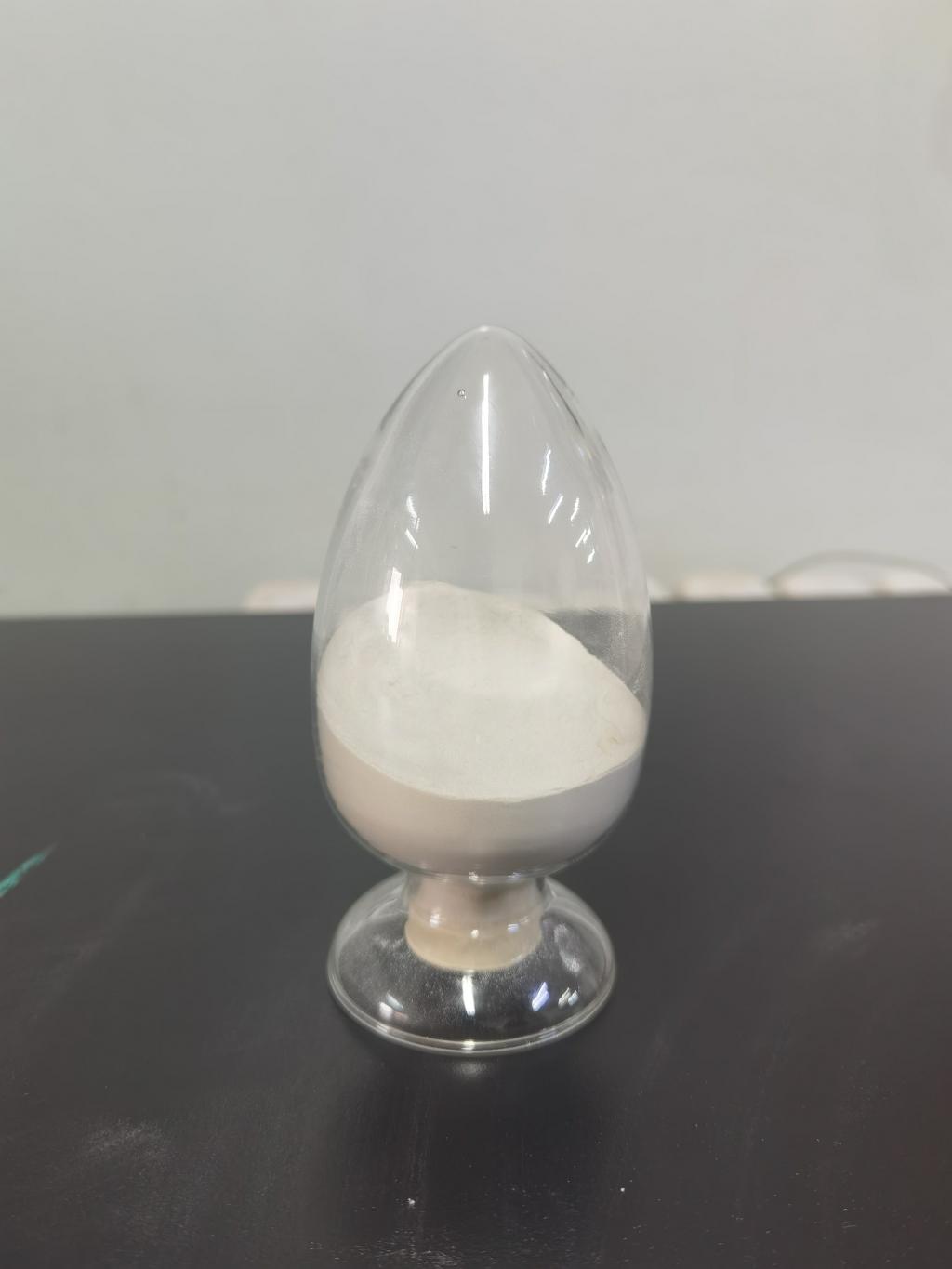Tel:+8618231198596

News
 CONTACT
CONTACT
 CONTACT
CONTACT
- Linkman:Linda Yao
- Tel: +8618231198596
- Email:linda.yao@dcpharma.cn
- Linkman:CHARLES.WANG
- Department:Overseas
- Tel: 0086 0311-85537378 0086 0311-85539701
News
Nisin's Collaborative Potential in Promoting Food Equity.
TIME:2023-10-17
Nisin: An Overview
Nisin is a natural antimicrobial peptide that is produced by certain strains of Lactococcus lactis, a bacterium used in the production of dairy products such as cheese and yogurt. Discovered in the early 20th century, nisin has been widely used as a food preservative to extend the shelf life of various products. Its antimicrobial properties are particularly effective against Gram-positive bacteria, making it an important tool in preventing food spoilage and ensuring food safety.
Collaborative Potential of Nisin in Promoting Food Equity
Enhanced Food Preservation
One of the primary ways nisin can contribute to food equity is by extending the shelf life of perishable foods. In many regions, food spoilage and waste occur due to inadequate preservation methods and infrastructure. By incorporating nisin into food preservation processes, we can reduce food waste and make fresh, nutritious food more accessible to a broader population.
Reduced Dependence on Chemical Additives
Nisin offers a natural and safe alternative to synthetic preservatives and chemical additives commonly used in the food industry. As the demand for clean label and minimally processed foods grows, nisin's collaborative potential in promoting food equity becomes increasingly important. By replacing artificial preservatives with nisin, we can provide healthier food options to consumers, especially those with limited access to high-quality food.
Enabling Local and Sustainable Food Production
Nisin's ability to extend the shelf life of food products is a game-changer for local and sustainable food production. In many regions, small-scale and local food producers struggle to compete with larger, centralized operations due to the limited shelf life of their products. Nisin can help level the playing field by allowing local producers to reach a broader market and reduce food waste, thereby enhancing food equity.
Encouraging Food Innovation
The collaborative potential of nisin extends to food innovation. Food scientists and engineers are continually exploring new ways to use nisin in product development. From creating novel, ready-to-eat meals for disaster relief efforts to developing nutrient-rich snacks for underserved communities, nisin enables the creation of a diverse range of products that address specific food equity challenges.
Food Safety and Accessibility
In regions with limited access to refrigeration and proper food storage facilities, foodborne illnesses are a significant concern. Nisin can play a crucial role in enhancing food safety, particularly in areas where resources are scarce. By preserving food naturally, nisin helps reduce the risk of foodborne pathogens and ensures that even the most vulnerable populations have access to safe and nutritious food.
Case Studies: Nisin's Impact on Food Equity
To further illustrate nisin's collaborative potential in promoting food equity, let's examine a few case studies from different parts of the world.
Reducing Food Waste in Sub-Saharan Africa
In many sub-Saharan African countries, food waste due to spoilage is a significant problem. Limited access to refrigeration and transportation infrastructure exacerbates this issue. By introducing nisin as a natural preservative, several organizations have successfully extended the shelf life of staple foods like grains and legumes. This has not only reduced food waste but also made these essential foods more accessible and affordable to local communities.
Nisin-Infused Ready-to-Eat Meals for Disaster Relief
During times of natural disasters and humanitarian crises, access to safe and nutritious food is often severely limited. NGOs and relief organizations have begun incorporating nisin into ready-to-eat meals, providing sustenance to affected populations while reducing the risk of foodborne illnesses. This innovation has the potential to save lives and improve food equity in disaster-stricken areas.
Empowering Indigenous Food Producers
In regions with indigenous food traditions, nisin has been used to preserve traditional foods and extend their reach to broader markets. By collaborating with indigenous food producers, nisin has helped empower these communities to preserve their cultural heritage while also increasing economic opportunities and improving food equity.
Challenges and Considerations
While nisin offers significant potential in promoting food equity, several challenges and considerations must be addressed:
Regulatory Approval: The use of nisin in food products is subject to regulatory approval in many countries. Streamlining the regulatory process and ensuring that nisin is recognized as a safe food preservative is essential for its widespread adoption.
Knowledge Transfer: The successful integration of nisin into food production processes may require knowledge transfer and training for food producers and processors. Ensuring that this knowledge reaches small-scale producers in underserved areas is crucial.
Cultural Acceptance: The acceptability of nisin-treated foods within different cultural contexts and regions should be taken into account. Collaboration with local communities and respecting their food traditions is essential.
Affordability: While nisin can enhance food preservation and safety, it's essential to keep its cost-effectiveness in mind, especially for small-scale food producers.
Conclusion
Nisin's collaborative potential in promoting food equity is a multifaceted opportunity that can transform the food industry and benefit marginalized communities worldwide. By addressing issues related to food preservation, safety, and accessibility, nisin contributes to the broader goal of ensuring that everyone has access to safe, nutritious, and culturally appropriate food. Its use in various applications, from reducing food waste to empowering local food producers, highlights its versatility and positive impact on food equity. To harness this potential fully, stakeholders in the food industry, governments, and non-governmental organizations must work together to promote the responsible and sustainable use of nisin in food production and distribution. Nisin represents a valuable tool in the pursuit of a more equitable and sustainable food system, offering new possibilities for a healthier and more equitable future.
- Tel:+8618231198596
- Whatsapp:18231198596
- Chat With Skype







